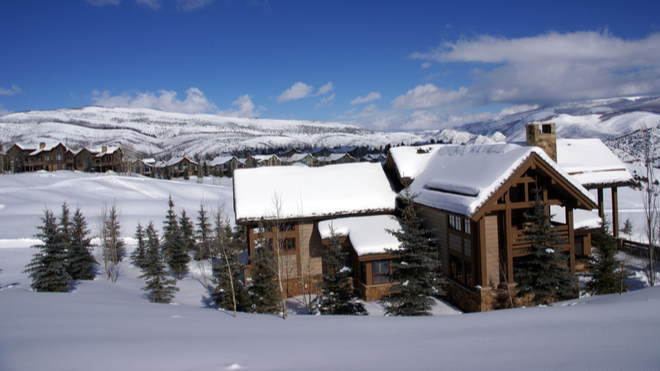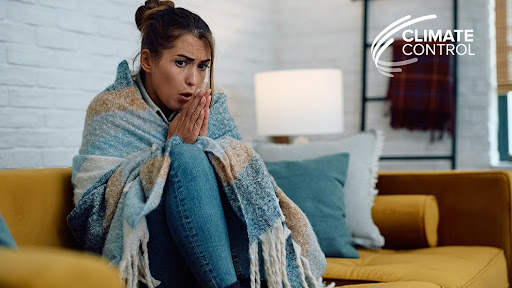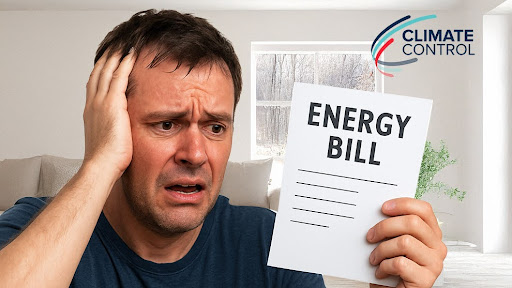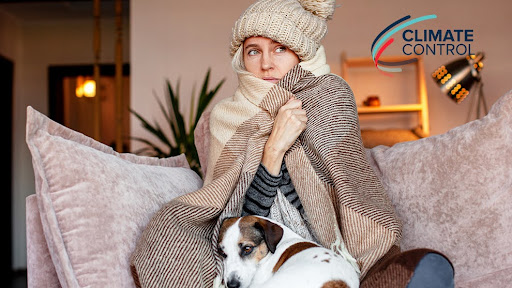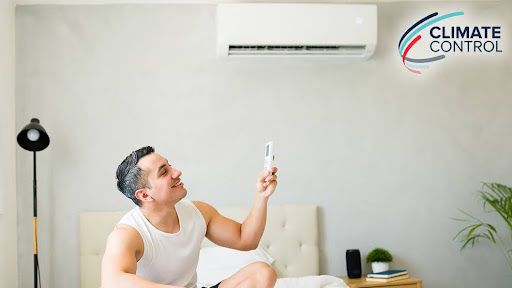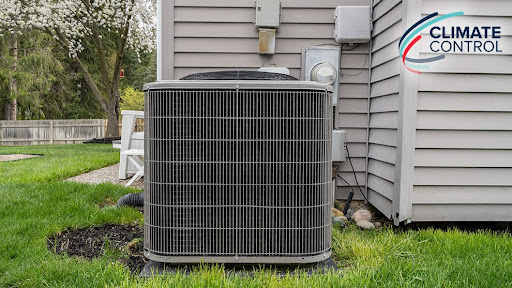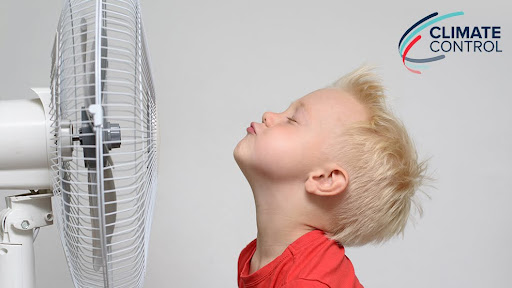The simple answer to our headline question is yes. All-electric air source heat pumps are certainly a viable choice for heating homes in Glenwood Springs, Aspen, or Vail, CO thanks to rapid advances in technology. While gas furnaces are a wonderful choice for a heating system, many homes don’t have access to natural gas. Propane is a viable alternative but comes with inherent disadvantages:
- Installing a large and unsightly propane tank
- Hassle of having to fill the tank
- Risk of running out if you forget to fill the tank
- Volatile prices depending on fluctuating demand & supply disruptions
- Propane is heavier than air and can settle in basements increasing explosion risk
- Burning gas in homes can be a health and safety risk for indoor air quality
HOW IT HEATS YOUR HOME
Let’s review how a cold weather heat pump works. Technically speaking it’s no different than an air conditioner with one exception: A heat pump has a reversing valve. During summer, the unit removes heat from inside the house and transfers it outside. With the addition of a reversing valve, cold climate pumps can remove heat from the outside air during winter and transfer it into your home.
BUT WHERE DOES THE HEAT COME FROM?
It may be a little hard to comprehend but even when the air feels cold to you, it still contains heat. So, even if it’s negative 13 degrees outside the heat pump can still squeeze heat out of the air and use it to keep your home comfortable. Heat only ceases to exist when the temperature reaches the theoretical point scientists call absolute zero, which is -459.67℉.
TECHNOLOGICAL ADVANCES
All heat pumps, including cold climate pumps, are more efficient at heating homes when the temperature is moderate. That’s why they first became popular in the Southeastern U.S. and along the gulf coast. With recent technological advances, there are now several cold weather heat pumps that are still effective when the temperature drops to freezing. Premium heat pumps can provide adequate heating in temperatures below 0℉.
ANOTHER FACTOR TO CONSIDER
Cold weather heat pumps are the most efficient form of electric heat. Because electricity isn’t used to heat the air, rather the compressor squeezes heat from the outside air, a heat pump uses far less electricity than an electric furnace, electric boiler, or electric baseboard heat. With electric utility providers moving toward renewable energy, an electric heat pump will help reduce the environmental impact of heating your home.
GET THE FACTS NOT HEARSAY
Decades ago, some HVAC companies may have pushed heat pumps in cold climates before the technology was ready. If you hear horror stories, don’t be scared off. Instead, call Climate Control Company and we will help you determine if an air source heat pump is the best heating system for your Glenwood Springs, CO, Aspen, CO, or Vail, CO home.

